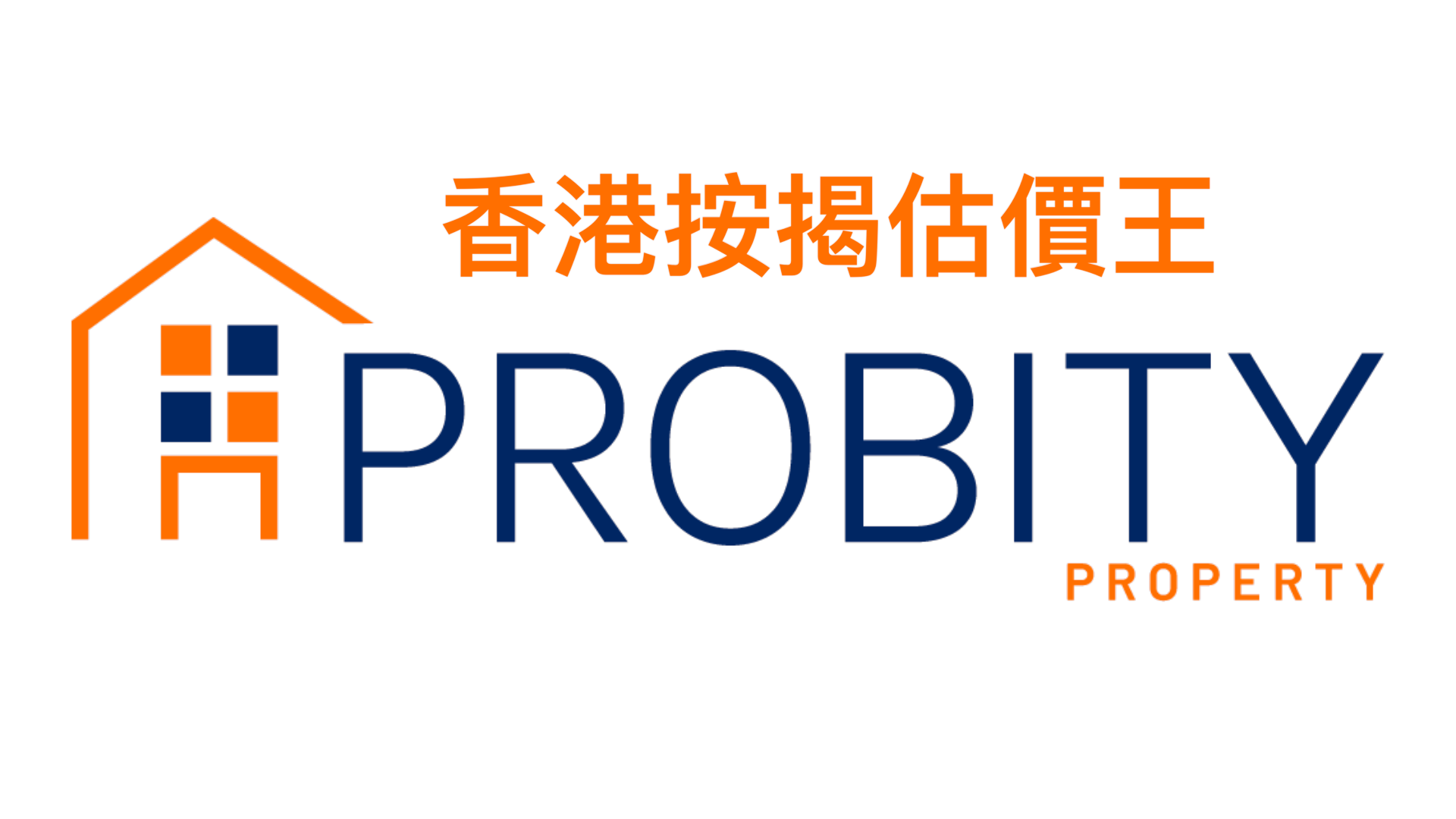Exclusive: Unveiling the Mysteries of Mortgage Interest Rates – H-Fixed and P-Floating Rates Will Leave You Dizzy!

Exclusive: Unveiling the Mysteries of Mortgage Interest Rates – H-Fixed and P-Floating Rates Will Leave You Dizzy!
When you're in the market for a home, you'll likely need a mortgage from a bank, and there are many types of mortgages to choose from. Today, we'll talk about the two types of interest rates within the "floating rate mortgage" category: HIBOR and Prime Rate. This will help you gain a better understanding of the various mortgage options available to you.
Firstly, what is a "floating rate mortgage"? It's a type of loan where the interest rate fluctuates with the market. In contrast, a "fixed rate mortgage" is a loan where the interest rate stays the same. "HIBOR" and "Prime Rate" refer to two different benchmark rates, and we'll explore them further below.
"HIBOR" refers to the "Hong Kong Interbank Offered Rate" published by banks, which is influenced by the Hong Kong Monetary Authority. Generally, this rate is more stable and changes more slowly. So, if you're not able to bear the risk of sudden spikes in mortgage rates, then choosing "HIBOR" may be a better option for you.
On the other hand, "Prime Rate" is based on the "Hong Kong Prime Lending Rate," which is the interest rate that banks charge their most creditworthy customers. This rate is influenced by various factors, such as market supply and demand, and economic conditions. As such, choosing "Prime Rate" entails higher interest rate risk, but you may also benefit from lower mortgage rates if the market rates drop.
It's worth noting that the levels of "HIBOR" and "Prime Rate" are not fixed and may differ based on your credit history, property value, and other factors. Additionally, banks generally set a specific loan term, and after it expires, they'll reassess the interest rate, so it's important to fully understand the terms and conditions before taking out a mortgage.
Finally, when choosing a mortgage plan, you need to consider factors other than interest rates, such as repayment terms, repayment methods, and repayment amounts. We recommend that you carefully assess your financial situation before applying for a mortgage, to ensure that you can afford the monthly repayment.
Apart from mortgage plans offered by banks, there are also other loan schemes, such as the "Homeownership Scheme" offered by the government, which you may want to explore and compare.
In conclusion, choosing a suitable mortgage plan requires a careful evaluation of your financial capability and risk tolerance, as well as selecting the appropriate interest rate and repayment terms. We hope this article helps you gain a better understanding of the differences between HIBOR and Prime Rate in the context of a floating rate mortgage, and make more informed decisions.


